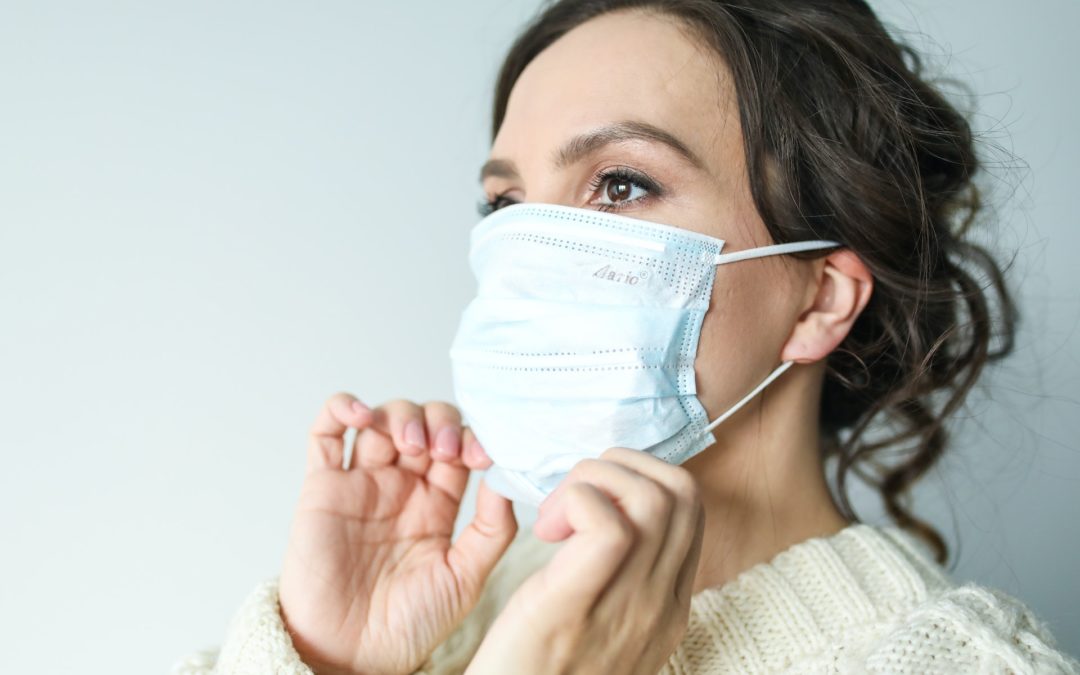Wearing a mask can help prevent the spread of the coronavirus and other contagious diseases. Since particles and droplets from viruses can be dispersed through coughing, sneezing, and speaking, masks can help keep the illness from infecting people in crowded public areas. Below are some important things you should know about masking and how it works in everyday life.
Types of Masks
Cloth Masks
In non-healthcare settings, using cloth masks can be beneficial, as they can help prevent the transmission of viral particles.
Surgical Masks
These loose-fitting masks are commonly used for covering the nose and mouth. Medical-grade masks offer excellent filtration and are designed to protect against various types of infections. A simple technique known as the knot and tuck can be used to improve their fit.
N95s
Although N95 masks offer better filtration than surgical or procedural masks, they are not always needed to protect individuals from contagions. To be effective, these must be worn correctly and fit-tested.
These masks are available to the public, and if worn correctly and consistently, they can help prevent COVID-19 from spreading.
Face Shields
A face shield is made of transparent plastic attached to a headband. It extends below the chin and covers the entire face.
Even before the outbreak of COVID-19, dental and medical professionals were already wearing face shields. These protective devices are usually worn when working near the mouths of patients.
If you are fully vaccinated and wear a mask, you do not need to protect yourself with a face shield in public.
Should I wear a mask if I’m sick?
If you are suffering from the coronavirus or other contagious diseases and cannot stay away from others, then you should still wear a mask.
Should I wear a mask around people at greater risk of becoming sick?
It is essential to keep other people from COVID-19, especially those particularly vulnerable to it, like people with autoimmune disorders and those who can’t be vaccinated. If you are going to visit someone at risk for severe infection if exposed to COVID-19 or other dangerous diseases, it may be prudent to wear a mask to help them stay safe.

